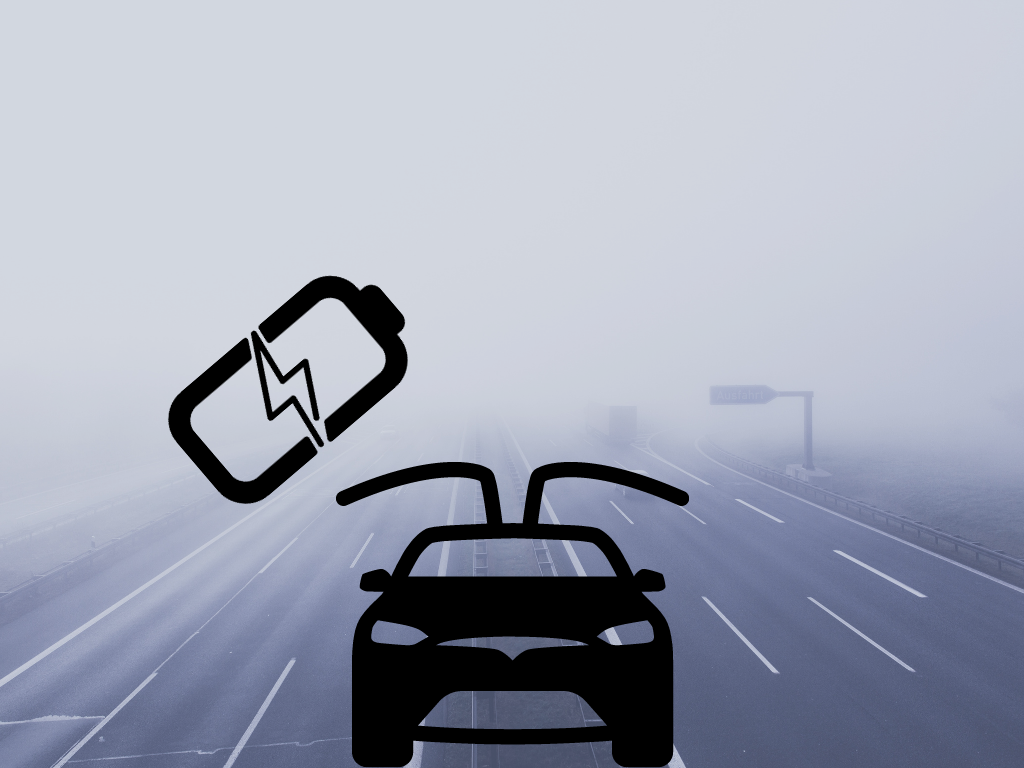Electric Vehicles and Their Consumption

Electric vehicles are relentless in their expansion, which is good for both you and the environment. One of the reasons is that they consume less fuel than cars powered by combustion engines. However, how much do they spend and how much do you save? Is there a way to make this usage more efficient? Find the answers in the sections below. Every year, planes, automobiles, and trucks consume millions of gallons of gasoline and diesel. Indeed, the transportation industry is widely seen as the final stronghold of oil, which is rapidly dwindling. Refineries have begun to adjust to this circumstance by extending and improving their facilities in order to maximise their own output of transportation fuel. And the numbers are unmistakable. According to statistics published in the World Energy journal BP Statistical Review, petrol and diesel accounted for 70% of all liquid fuels consumed in the United States in 2017.
The electric alternative
Electric automobiles continue to expand, surpassing many of their boundaries, in contrast to gasoline use, its impact on the environment, and its economic cost.
According to Bloomberg New Energy Finance, the world’s electric car fleet offsets roughly 100,000 barrels per day of road transport fuel, predominantly gasoline, per year.
Because electric automobiles are not the future, but rather a present-day reality for many people. During the month of August, 1,378 electric vehicles were sold in Spain. This may seem insignificant, but it represents an increase of 115.6 percent over the same time period in 2019. Between January and August, there was also a significant increase in registrations, with 8,870 electric cars sold.
Why switch to an electric car
From a personal and global perspective, switching to electric automobiles has numerous benefits, but it also has the drawbacks of utilising a relatively new product that is not yet widely used.
Overall, replacing our fleet of gasoline vehicles with an electric vehicle fleet would improve our quality of life and, more importantly, that of the earth, therefore assisting in the practical battle against the dreaded climate change.
Individually, we will benefit from a less expensive way of transportation, albeit it will need some significant logistical modifications to transform it into a whole new mode of transportation, suitable for all sorts of travels, whether short, medium, or long distance. The middle and long distances are where the most development is now being achieved. To put it another way, we’re transitioning from an urban vehicle to a car that checks all the boxes we desire when we purchase one.
The reality is that the switch to electric vehicles is not just dependent on vehicle sales. The society as a whole, as well as all of its infrastructure, must adapt. That is why the expansion of electric vehicle charging stations is critical, not only in cities but throughout Spain.
Because of Spain’s and the European Union’s strong commitment to this method of transportation, we can now travel longer distances owing to these vehicles’ increased autonomy and load capacity. Is this, however, financially viable?
What lies beneath the cost of the electric car
Electric vehicles, or EVs, are often more expensive than gasoline automobiles, costing between €5,000 and €15,000 more due to the high cost of batteries. If the model does not include a battery, which may be rented, the price may be lower.
Despite this, the majority of buyers feel that the cost difference between gasoline and electric vehicles may be overcome by fuel savings. However, in order to get a complete picture of the entire cost of an electric automobile and if it is worthwhile to acquire one, we must consider other factors such as:
Repairs: Because electric automobiles do not have clutches, filters, or timing belts, their maintenance is significantly easier and less expensive than that of a conventional car. In this regard, EVs might save up to 25% compared to gasoline vehicles. When we compare them to diesel automobiles, the disparity becomes much more evident, since diesel car repairs are considerably more costly.
Taxes: Due to the growth of the electric car industry and its good impacts on the earth and the environment, electric vehicles now have tax advantages in some places, with road tax savings of up to 75%.
But how much does an electric car actually consume?
Their spending is certainly the key to their savings. This is the most crucial element to remember. Electric engines are far more energy efficient than combustion engines, which can be calculated without having to get out the calculator.
For example, a diesel automobile will use around 4 litres of fuel to drive 100 kilometres, whereas a petrol car will use slightly more. Using the current price of gas and diesel A, the lowest, each automobile would have paid around €5 on petrol and €4 on diesel, for a total of €4.50.
An electric car, on the other hand, will use around 13 kWh of its batteries for the same 100-kilometer travel. Using a daily domestic energy price of €0.158 per kW, a 100-kilometer journey will cost around €2,054 before taxes. As a result, we can claim that driving an electric automobile costs less than half as much as driving a standard gas car.
“Clearly, their spending is the key to their savings.” This is the most crucial element to remember.”
Furthermore, this is not the cheapest rate for charging an electric car. The price drops dramatically if you do it during off-peak hours, such as at night, using the One Luz 3 Periodos plan, to €0.074384 per kWh.
We do not include other terms of our electricity bill in this computation, such as power (fixed term), because it is related with all of our services. So, if we only compare the €130-150 of a combustion car, we can save 75% by spending a fifth of what we would for a diesel or petrol vehicle.
Urban consumption compared to long trips
The easiest strategy to maximise savings is to choose the finest rates that allow us to charge our car mostly during low-cost time periods. But what happens if we travel a considerable distance from our charging station?
We must use the increasingly frequent electric charging stations in this instance. Although costs vary per charging station, they are often substantially more, ranging between €0.30 and €0.50/kWh including taxes, thus a charge corresponding to 39 kWh, or 300 kilometres of driving, would cost between €11.70 and €19.50, compared to €13.50 to €15 on average for a diesel or petrol car.
This significant disparity necessitates the consideration of various factors. First and foremost, planning, in order to find the finest connection points at the lowest costs. Second, it is critical to have both a charging point and an acceptable rate while visiting areas we frequent, such as second homes, in order to obtain better pricing.
Despite the fact that the cost is nearly identical to that of a combustion car (slightly cheaper or slightly more costly depending on the refuelling point utilised), the trend is evident and good. Electric stations are becoming increasingly affordable, therefore in the medium run, electric cars will obviously outperform gasoline automobiles on long travels in terms of consumption costs.
In conclusion, due to the high cost of batteries, electric automobiles may initially be more expensive than conventional vehicles. However, the huge reductions in consumption, particularly in cities, make them a worthwhile investment, with all the advantages of tailoring the power tariff to your charging schedule. However, they are rapidly becoming profitable while travelling away from home, when route planning and selecting charging stations with the best rates are still necessary.
